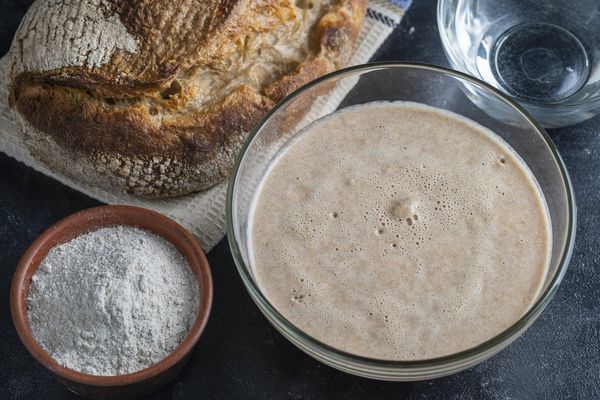You do your best to get plenty of calcium and protein into your body every day. But what about potassium? It likely doesn't come to mind as an important nutrient, but it should. Potassium plays a vital role in keeping muscles working properly, regulating fluids, helping nerves function and promoting a healthy cardiovascular system.
If your potassium levels get off kilter, it can raise your risk for high blood pressure, kidney stones, lower bone turnover, urinary calcium excretion and salt sensitivity.
It can be tough to tell if you're getting enough potassium. Low levels are occasionally caused by poor diet, but more often by loss of potassium because of vomiting, diarrhea, use of certain prescription medications including diuretics (also known as water pills), overuse of laxatives, excessive sweating, or other conditions affecting the gastrointestinal tract and kidneys.
You might not notice any physical symptoms. And routine tests don't check for potassium deficiency. Here are a few signs that you're lacking potassium. If you experience any of these signals and can't figure out what's behind them, ask your health care provider to check your potassium levels. Low potassium, known medically as hypokalemia, can be detected with blood and urine tests.
You're weak and tired.
When you're potassium deficient, you'll feel it in your muscles. Yes, a slew of reasons can cause low energy levels. But if you've been getting plenty of sleep and still not feeling right, examine what you eat. You need potassium for muscle construction and contraction. Try eating more potassium-rich fruits and veggies. Good potassium veggie sources include spinach, broccoli, carrots, sweet and white potatoes and red peppers. Fruit sources include bananas, strawberries, oranges, mangoes, kiwis and apricots.
Read more about what potassium-rich foods you should be eating.
You have high blood pressure.
Indeed, family history, OD-ing on salt and being overweight can affect your blood pressure. But, so can potassium. But, rather than reducing intake as you would with salt, most people need to eat more potassium-rich foods. Potassium helps relax blood vessels. If you don't have enough potassium, blood vessels can become constricted. That causes blood pressure rates to rise. Read more about high blood pressure.
You have muscle cramps.
Muscles need enough potassium for smooth muscle contraction. So, if your levels go below a certain point, you may get muscle cramps. You may experience aches and spasms, too. Don't miss what to do when muscle cramps strike.
You're constipated.
Low potassium levels can slow your digestive system. You may also be bloated and have abdominal cramping. Find out five surprising constipation triggers.
You eat a lot of junk food.
If you maintain a poor, unbalanced diet, you could end up with a potassium deficiency. Eating too many processed foods and junk foods puts you at risk for lower potassium levels. All those chips, frozen meals and crackers are loaded with sodium. The more sodium you consume, the more potassium your body excretes. So, cut back on salt to help retain more of the potassium you're eating. Eat more potassium-rich fruits and veggies (see above). Other good sources of potassium are yogurt, avocados, sun-dried tomatoes, sardines, grilled steak, orange juice, halibut, flounder, tuna, clams and salmon. Serve your family these chicken cutlets with broccoli rabe and mozzarella, which contain sun-dried tomato slivers.
You have irregular heart rhythms.
This problem, also known as arrhythmia, is a serious complication of very low potassium levels and can cause a cardiac emergency, particularly in people with heart disease. Seek medical care immediately if you experience abnormal heart rhythms.
- High Blood Pressure - HealthyWomen ›
- I Thought I Knew About the Dangers of Summer Heat - HealthyWomen ›
- Symptoms of Low Potassium (Hypokalemia) ›
- Potassium deficiency - symptoms, causes, diagnosis, treatment ... ›
- Hypokalemia (Low Level of Potassium in the Blood) - Hormonal and ... ›
- Low blood potassium: MedlinePlus Medical Encyclopedia ›
- Low Potassium Levels (Hypokalemia) ›
- Low potassium (hypokalemia) When to see a doctor - Mayo Clinic ›







